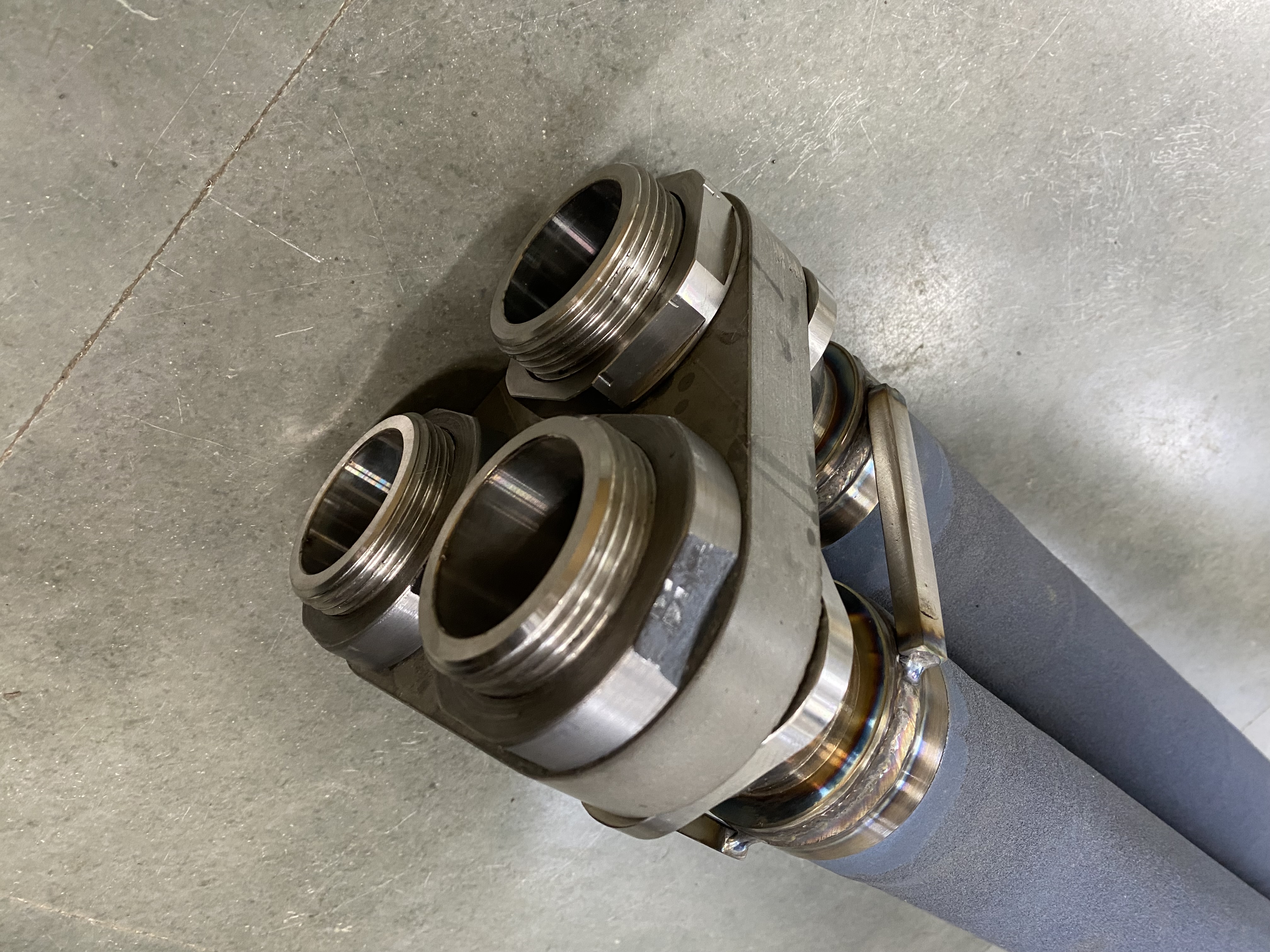Hot Gas Filter
Hot gas filters are essential for removing particulate matter and contaminants from high-temperature gas in various industrial applications. Operating efficiently at temperatures above 260°C (500°F), these filters are critical for industries like power plants, steel mills, chemical processing, and incineration plants, where hot gas is produced. Hot gas filters are an integral part of any high-temperature gas filtration system, offering robust and reliable performance for a wide range of industrial processes. Whether for incineration, gasification, or waste heat recovery, hot gas filtration are essential for maintaining optimal operation and environmental compliance.
- Easy to clean
- Compact and space-saving design
- Minimal heat distortion at high temperatures
- Effective filtration at high temperatures
Resistant to corrosion from sulphur-containing gases
Hot gas filters are used in incineration, coal and biomass gasification, and fluid catalytic cracking units in refineries, ensuring efficient particulate removal in high-temperature environments. They are also used in Syngas filtration and removal of fly ash from hot gas streams.
Request Product Catalog

